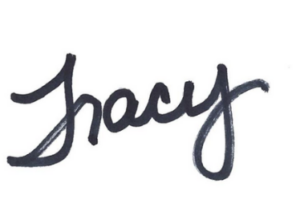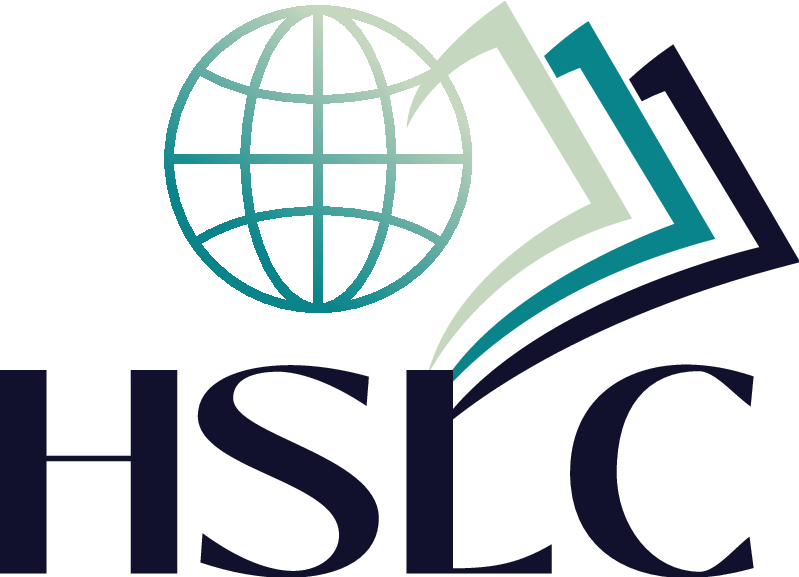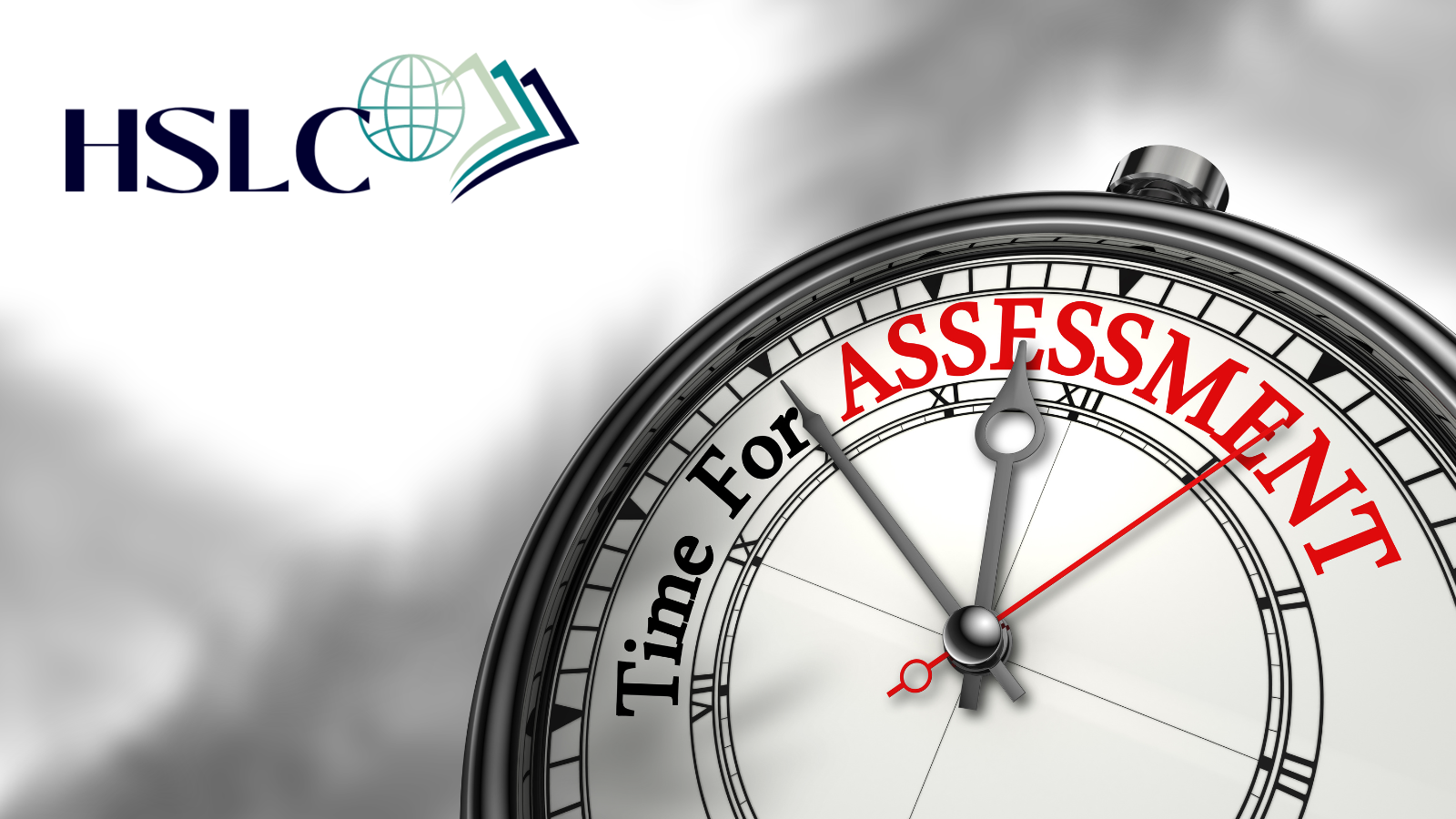George Orwell said that, “To see what is in front of one’s nose needs a constant struggle.” Though he wasn’t talking about libraries at that time, he was challenging the assumption that what is right in front of us is effortlessly understood (and by consequence accepted as good enough), emphasizing the need for a vigilant and questioning mindset.
Library assessment is the act of determining and communicating how a library is performing, with the aim of driving improvement. Oftentimes the idea of assessment in libraries is focused on a specific topic and time each year. As an example, a public library may review current and past years’ circulation and programming statistics at the end of the calendar year by simply placing both numbers side by side, with a sentence or two on a stakeholder report. However, this type of “evaluation” will not help us see what is right in front us – it merely shows us one small spot in front of us. So how do we see the bigger picture?
There are plenty of easy to use assessment tools available to libraries, many of them low and no cost options, such as surveys, focus groups, usability and observation studies, statistic data, etc. However, I would like to suggest the first step in creating successful evaluation and assessment practices should be to first get into the “assessment mindset.” In addition to being a process, assessment is also a mindset that is essential to meaningful evaluation practices. Learning how to think evaluatively is even more beneficial than learning the concrete steps for conducting a “typical” formal evaluation or assessment.
Applying an assessment mindset is like wayfinding – using the landscape, guides, maps and data to put the library’s whole journey in context and find the right path. In practice, an assessment mindset is about being strategically curious, thinking critically, reflecting regularly and examining underlying beliefs and assumptions. It requires both humility and confidence about your work… and It is definitely not for the faint of heart!
Learning to think evaluatively will not only support the work the library is doing, but you will be more prepared to lead, grow and evolve your programming and services. It will help you to formulate and achieve clear goals. And most importantly, will help you to better see and critically analyze all that’s right in front of your nose!
Need help getting starting with assessment? Reach out to us, we are happy to help!

Tracy Carey, User Experience Specialist


